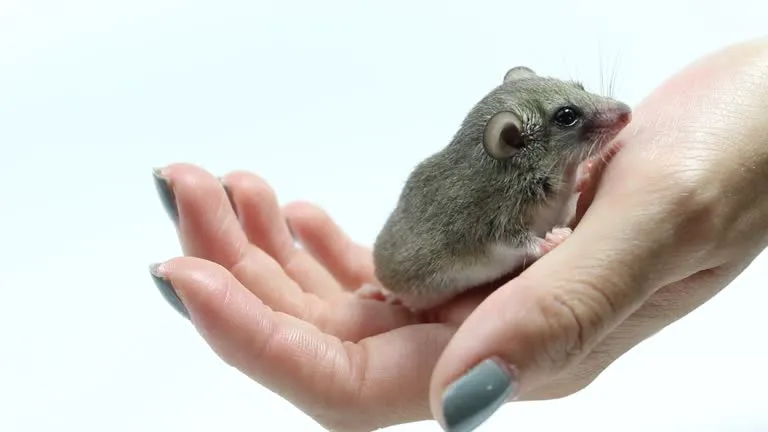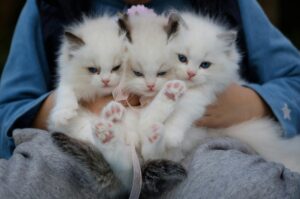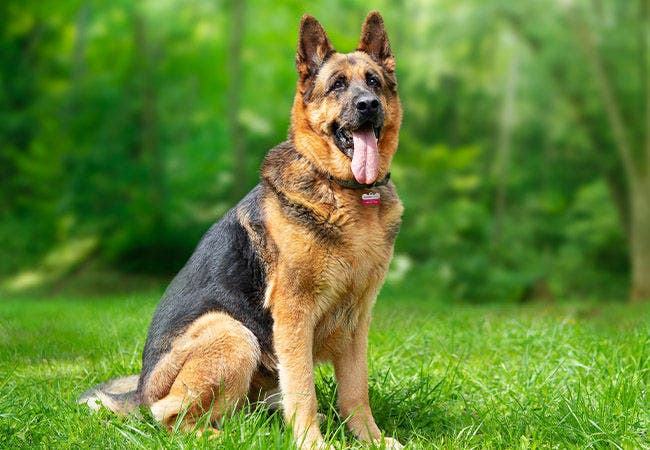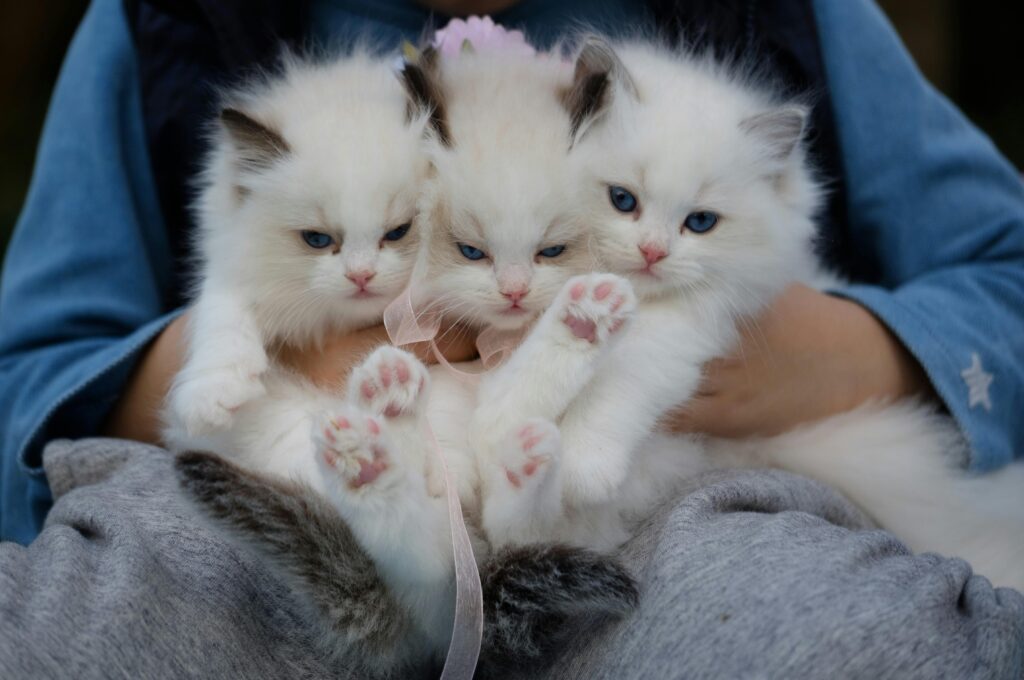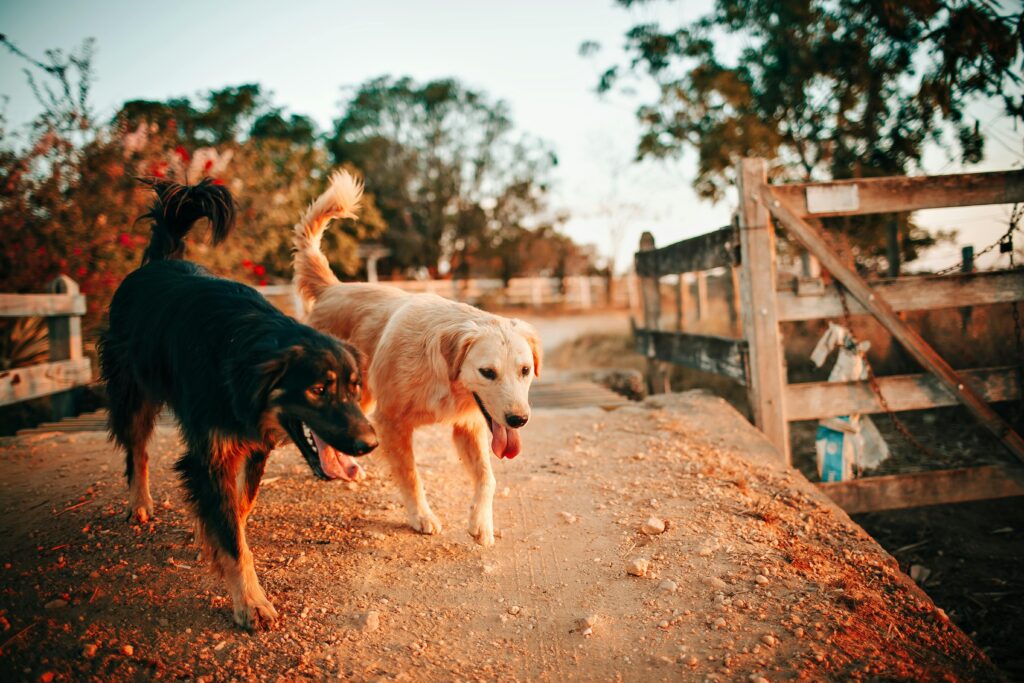African pygmy mouse
The African pygmy mouse (Mus minutoides) has also gained popularity among individual owning small pets because of the small size, friendly behaviour, and not too demanding in terms of care and treatment. Originally endemic to some regions of Africa, this small, highly spirited rodent would definitely be one of the most exciting pet additions to a home setup and is actually legal to possess. Even these tiny fruits of African forests are quite smart, full of movements, and given to social habits if put into an environment that is suitable to them.
If you’re thinking about getting an African pygmy mouse, this piece of article will illustrate a wealth of information regarding their diet, lifespan, habitat, and raising them. Regardless of whether you are an owner of the first African pygmy mouse or an active participant of the FERRET community, in any case, by gaining knowledge about African pygmy mouse care, you will provide your pet with the best conditions for the longest, healthiest, and happiest life.
What Is an African pygmy mouse?
The African pygmy mouse is among the tiny rodents that grown-up members of reach only about 5 to 12 grams in weight and are 2.5 to 3 inches long, not including the tails. They are very small and have some details that can be so interesting to watch, yet they are picky about their habitats and other provisions. These mice are quite active; they love to investigate and therefore thrive well in an environment in which they can free roam, climb, and dig.
Originally, house bats were located in the savanna, grassland, and other parts of the sub-Saharan African regions. In their natural environment, they are quite loners; however, they adapt to live companion mice, as long as the case is given enough space and facilities.

Lifespan of an African pygmy mouse
The average lifespan of an African pygmy mouse is therefore quite low and often credited at between 1.5 and 3 years. Compared to the other domestic animals, however, this lifespan is considerably shorter. Though the Chihuahua is small, it metabolizes food quickly because of its small size. However, taking proper care of your African pygmy mouse, including diet and living condition, your African pygmy mouse can have a quality life of its expectations.
Enduring Places Contemporary Habitat and Housing for Your African Pygmy Mouse
It is necessary to provide proper conditions for your African pygmy mouse’s dwelling. These small rodents require large environments in which they should be able to move about and perform their typical actions.
Choosing the Right Cage
They are small but very active and require a cage that has the provisions for them to move continuously, and also, literally, this is due to their ability to climb. They are well accommodated in a 10-gallon aquarium or in a wire cage with a smooth bottom. Make sure the cage has a tight fitting top because these mice are great escapists. Cages with broad spacing of the bar should not be used because animals may get out or get injured.
Bedding and Substrate
For bedding, use paper-based bedding or aspen shavings because they are absorbent and nontoxic. Do not use cedar or pine wood shavings since these types of products are toxic to small rodents because of the natural oils. The bedding must provide enough depth so that your mouse can dig, and this is a normal activity with mice.
Enrichment and Accessories
African pygmy mice are active and playful and require some form of encouragement to keep them active. They can also include particular accessories inside their cage, like tunnels, chews, and small climbing gyms. A wheel is also great since it gives the pet exercises and also helps it to think through a problem. It would be best if some hiding places were there in the form of small boxes or tubes, as these mice are more secure when they feel they have somewhere to hide.
Feeding and Diet for Your African Pygmy Mouse
Proper nutrition is the key for your African pygmy mouse to enjoy a healthy and wonderful life. And those small mammals are omnivores, so they require protein, fats, carbohydrates, and so on in their diet.
Commercial Diet
The pellet substance for your African pygmy mouse ideally consists of high-quality, pelleted rodent food suitable for small mice. These pellets have been developed to contain all the nutrients that your mouse requires as a diet. It is very important to make sure that you buy a food specifically formulated to be fed to mice so as to avoid using other rodent diets, which may not provide all the nutrients the mice need.
Fresh Foods
There are many types of fresh foods you can feed your African pygmy mouse besides pellets. They include A first serving should include some fruits and vegetables, each the size of a fist, of carrots, apples, spinach, and broccoli, respectively. But the amount should be controlled, and products like grapes and similar fruits are not recommended as they might harm your health. You should also pull out any fresh food that is not consumed by the hamsters after one day to avoid rotting.
Protein Sources
However, there is very little protein requirement for African pygmy mice as well. You may occasionally provide commercial diets, frozen mice, mealworms, hard-boiled eggs, or tiny pieces of cooked chicken. Protein assists with child energy and helps for healthy growth.
Fresh Water
In each case, it is safe to offer fresh water in a sipper bottle or in a small bowl of water at all times. From there, one must use clean water in order to replace the water in the tank every day.
The Social Behaviour And Interaction With Your African Pygmy Mouse
Unlike other species of pet rodents, African pygmy mice are known to be mainly resident mice. In the wild, they are territorial, and while they can be housed with other rabbits, they must have enough room and food so that they do not fight within their territories. However, they are not mice; in particular, the behaviour of many mice in a cage should be watched carefully, though they are not related.
Have several African pygmy mice, then make sure they feed them sufficiently. Provide them with a place to stay and toys so that it shouldn’t turn into competition. At the end, there is a stupid fact: do not let the males stay together, especially if they have not grown together from childhood; they will fight.
Like other mice, these are not touch-friendly or playful like larger animals; however, they get to enjoy the company of owners now and then. For you to establish a good interaction with your African pygmy mouse, it is advisable to give it some food using your hand, or carry it to the palm of your hand at least. However, as noted earlier, many of them are small in size, so they should be handled with lots of care.
Issues at Care Angle and Health Concerns
African pygmy mice are fairly hardy, and though small, they are prone to numerous diseases or injuries when they are not well cared for.
Cleaning the Cage
Cleaning should be done after some time in order to remove accumulated waste to avoid your mice’s cage being a breeding ground for bacteria. Wash the areas of the cage with a detergent and warm water; replace the sand or pellets on the floor of the cage every four days if they are soiled with droppings. All the bedding should be changed to fresh material, and it means that full cleanings of the cages should be made not less than weekly.
Health Concerns
African pygmy mice are good, healthy animals, but like most of the other animals, they are also prone to certain diseases. Colds, pneumonia, dysentery, dermatitis, and diarrhoea might reasonably be anticipated where the environment is unhygienically dirty or where people gorge themselves or eat at all incontestably ill. Orto Bug is characterized by general body weakness, loss of appetite, laboured breathing, or variations of colour or amount of discharge from the eyes you notice any of these signs, see your vet, a specialist in small rodents.

Lifespan
To say it as it has been said above, the average lifespan of an African pygmy mouse is 1.5 to 3 years.” Yes, they may not live long, but as long as they are around, they will be more energetic and curious than any other pet. You would need a dog as a pet. Due to their small size and, consequently, moderate level of activity, they are perfect for people who have little space.
Conclusion
The African pygmy mouse is one cute and different pet that you can have at home that will certainly make you happier. You know, they are small and live a short time, but they are playful, curious, and interesting pets. While only being able to provide good food, shelter, and treatment, your African pygmy mouse can live a normal, meaningful, and healthy life. Especially to first-time pet owners, learning what these small animals require will make owning pets a fulfilling experience.
FAQs
Do African Pygmy Mice Interact with Other Mice?
Based on the Living with Infertility study conducted to identify a new species, pygmy mice that are indigenous to Africa are mostly nocturnal and solitary dwelling, but they can be grouped depending on their space and food availability. But aggressiveness is also seen in many people; especially males seem as if they can be very territorial. That is why chickens must be reared either as single birds or in a female’s group.
What cage is the best to use for an African pygmy mouse?
It is recommended that a cage of a small size with a bottom made from solid surfaces is appropriate for an African pygmy mouse: a 10-gallon aquarium or wire cage. Make certain that climbing, tunnelling, and a hiding place are available all through the cage. Make sure there are many toys in the cage with activity canters like tunnels for your mouse to run around and for Danny to hide in.
When to Feed Your African Pygmy Mouse?
Your African pygmy mouse should be given once a day a meal, and its composition is as follows: Pellet food, fresh vegetables, and occasional protein sources. He has deadlines for feeding there must always be fresh water and food in their tanks, and for the leftovers, they are always removed after a day.
At PetMerk, we’re dedicated to providing expert guidance to help you care for your pets with confidence. For personalized advice from our specialists, contact us here. Your pet’s well-being is our priority!

